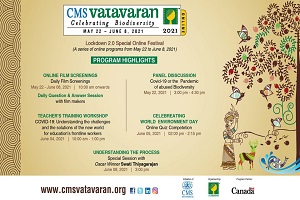Over half of all single-use plastic waste in the world is produced by just twenty companies according to new research conducted by a consortium including the London School of Economics, Wood Mackenzie and others.
The majority of research around plastic waste to date has, by and large, attempted to evaluate the impact of the waste on the natural world or focused specifically on the consumer companies making and retailing consumer products in plastic packaging.
But the Plastic Waste Makers index is a one-of-a-kind study that tracks the journey of plastic through the entire supply chain beginning with the manufacturers of the raw material that go into the production of single-use plastic items. These ingredients, known as polymers, are, for the most part, produced through processing fossil fuels such as oil, gas and coal.
Of the 20 companies names, ExxonMobil tops the list, adding 5.9 million tonnes of global waste annually. Dow, the largest chemicals company in the world, also figures on the list, creating 5.5 million tonnes of waste. Along with China's Sinopec (5.3 million tonnes), the three companies collectively account for 16 per cent of single-use plastic waste produced globally.
Others on the list include Indorama Ventures, Saudi Aramco, PetroChina, LyondellBasell, Reliance Industries, Braskem, Alpek SA de CV, Borealis, Lotte Chemical, INEOS, Total, Jiangsu Hailun Petrochemical, Far Eastern New Century, Formosa Plastics Corporation, China Energy Investment Group, PTT and China Resources.
The study also notes that 20 institutional asset managers – led by US-based outfits Vanguard Group, BlackRock and Capital Group – have invested to the tune of US$300 billion into the parent companies responsible for polymer production. Since 2011, 20 of the world's largest banks including Bank of America, HSBC and Barclays have lent nearly US$30 billion towards the production of virgin polymers for single-use plastics.
Crucially, the report also remarks that there has “been a collective industry failure to transition away from fossil-fuel-based feedstocks,” casting into doubt the global implementation of a 'circular model' premised on plastic recycling and critical to the reduction of greenhouse gas emissions.
Over 50 of the top 100 largest polymer producers received an 'E' grade (lowest possible) by the report “when assessed for circularity, indicating a complete lack of policies, commitments or targets.”
The study also projects that, in the next five years alone, global capacity for the production of virgin polymers for single-use plastic to rise by over 30 per cent, adding that an “environmental catastrophe beckons,” with the majority of this single-use plastic likely to end up as pollution in developing countries owing to poor waste management systems.
The report also calls attention to the importance of political will in transitioning away from the “take-make-waste model of single-use plastic.” It points to the “high degree of state ownership in these polymer producers – an estimated 30 per cent of the sector, by value, is state-owned, with Saudi Arabia, China and the United Arab Emirates the top three.”

